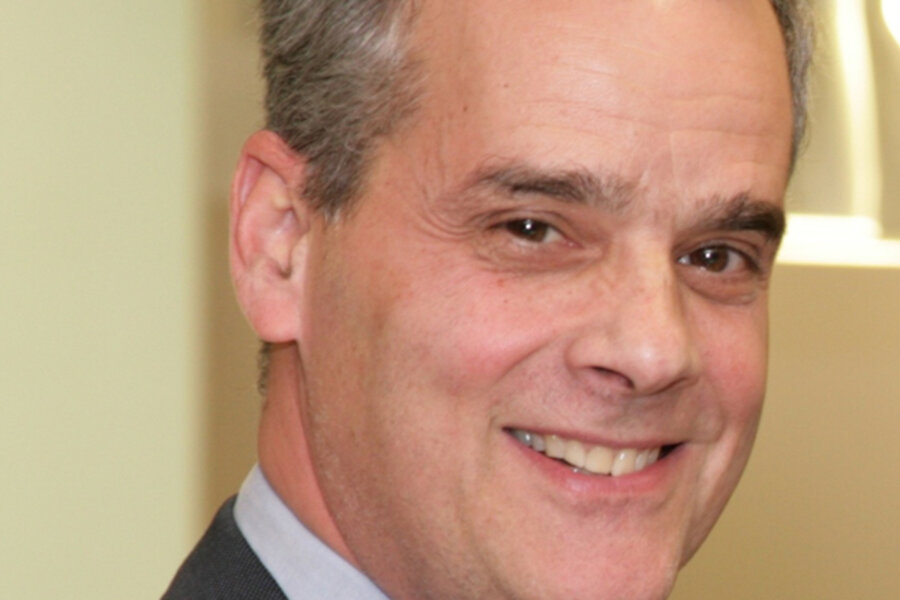Nat Sloane, Britain
Venture capitalist Nat Sloane was sitting in on a software company meeting one morning in which he and other board members were chiding management for not being more focused with their corporate strategy.
In the afternoon, the London-based financier met with a British charity, gently urging the administrators to broaden their outlook when giving. That night, when he got home, Mr. Sloane wondered about the incongruity of the two meetings: Why do we give different advice to for-profit and nonprofit organizations? Many challenges they face are the same.
The moment turned out to be an epiphany for Sloane – which in turn has helped change the face of philanthropy in Britain.
A few years after these meetings, which took place in the late 1990s, Sloane teamed up with fellow venture capitalist Stephen Dawson to found Impetus Trust, one of the first experiments in the growing field of "venture philanthropy" in Britain. Impetus Trust gives ambitious young charities not only cash but management support and the expertise of its "executeers" – senior business figures who voluntarily share their knowledge. Call it the nexus of hard-headed capitalism and compassion.
The aim is to boost organizations that can change British society. For Impetus, this includes groups that work with prisoners, underprivileged children, and the unemployed to help them gain education, skills, and a job. "I didn't want to just write checks," says Sloane, a British-American entrepreneur with 25 years of experience helping new companies. "I wanted to find a way to get involved and use my business skills."
Many others do, too, which is one reason venture capitalism is increasingly becoming a model for charitable giving on both sides of the Atlantic. These days, social entrepreneurs have a greater opportunity to make a difference as governments and traditional charities are forced to make cuts. Donors still want to invest, but they are "determined to find the place where they can get the biggest bang for their buck," says Sloane.
Impetus Trust says that every £1 invested is ultimately worth £4 because of the business expertise donated by volunteers. The organizations Impetus Trust works with increase their income, on average, by 23 percent and help 30 percent more people each year. Currently, those groups are reaching 300,000 people.
Take the St Giles Trust. The charity helps ex-offenders find a home and develop job skills after their release from prison. When Impetus first started investing in the organization, St Giles worked in two prisons in southeast England and had secured housing for 160 ex-offenders and jobs for eight. Six years later, the group was operating in 24 prisons, had helped 2,407 people gain housing, and had found work for 226 ex-offenders.
"Now we want to use this model to drive much more significant change," says Sloane.
His charitable work has led him to play a key role in the British social sector. Since 2011, Sloane has been executive chair of the Big Lottery Fund England, which is Europe's largest philanthropic provider, allocating £600 million ($957 million) of national lottery funds each year.
These days, the soft-spoken former partner of the global management consulting firm Accenture spends up to four days a week on social projects. Most of the time, that means poring over spreadsheets.
But occasionally Sloane, who holds a master's degree in Victorian studies, will take a respite from the world of bottom lines and Brioni suits to mingle with those he is helping. Not long ago, he met with a Somali man who could hardly speak English. His daughter, with the aid of one of Impetus Trust's charities, was attending a university. She expressed both of their aspirations, and gratitude, in pitch-perfect English – one of those occasions when, Sloane says, he was "blown away."







